What is Data Privacy – Importance and Compliance

Arsalan Rathore
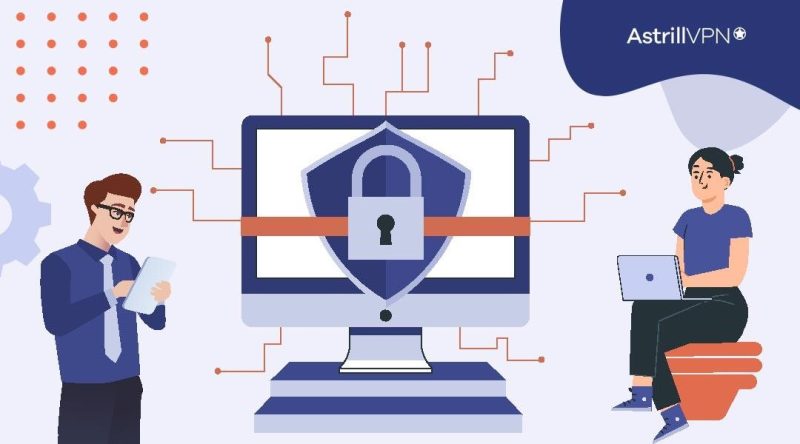
Data privacy has moved beyond a buzzword; it has become a critical consideration that can shape a company’s success or failure. Today, data breaches and privacy violations are not just isolated incidents but global concerns that reverberate through industries, eroding trust and tarnishing reputations.
In this guide, we dive into the data privacy landscape and uncover its impact on businesses of all sizes and industries.
Table of Contents
What is Data Privacy?
In the digital era, data is the lifeblood of modern businesses, driving insights, innovation, and growth. Data privacy is the armor that shields this invaluable asset from falling into the wrong hands. It encompasses the principles and practices that protect sensitive and personal information collected by organizations.
This includes safeguarding data from unauthorized access, ensuring lawful and ethical data use, and granting individuals control over their information.
Data Security vs. Data Privacy
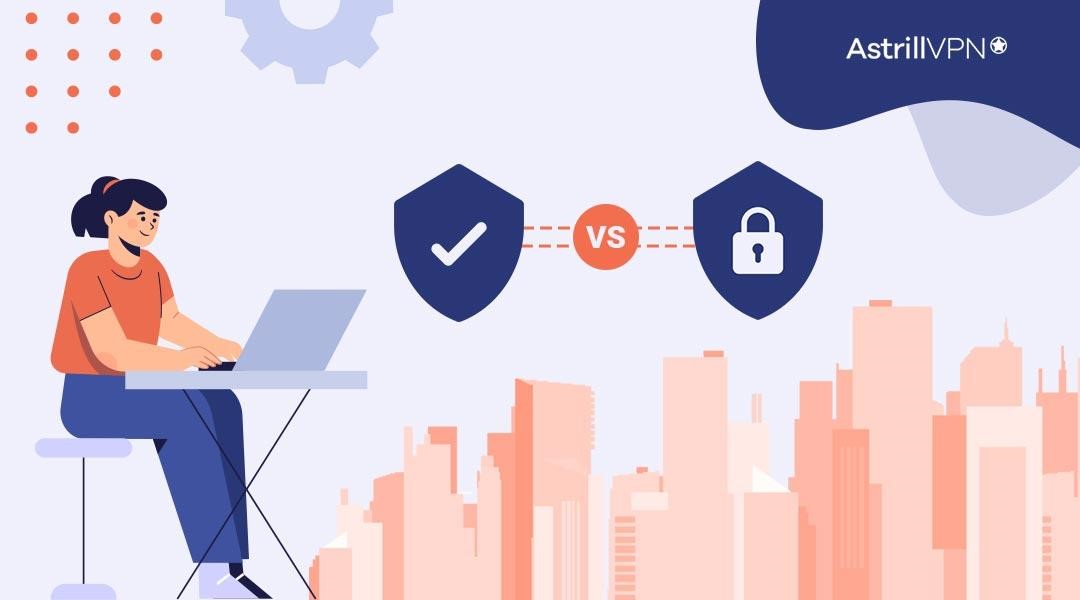
At first glance, data security and data privacy may seem interchangeable, but they are distinct concepts. Data security revolves around technical measures to safeguard data from breaches, cyberattacks, and unauthorized access.
On the other hand, data privacy deals with the responsible and compliant handling of data, addressing how data is collected, processed, used, and shared while respecting individuals’ privacy rights. While data security forms the foundation, data privacy ensures ethical and lawful data practices.
Importance of Data Privacy
In a world where data breaches and privacy scandals have become common, data privacy has never been more critical for businesses. Embracing robust data privacy practices offers a myriad of benefits for organizations:
1. Building Trust and Customer Loyalty
At the heart of data privacy lies the establishment of trust between businesses and their customers. In an era of data breaches and privacy scandals, consumers are more vigilant than ever about how their personal information is handled. When a business prioritizes data privacy, it sends a powerful message to its customers that communicates a genuine commitment to safeguarding their sensitive data.
This data security assurance creates a bond of trust and cultivates long-lasting customer loyalty. When individuals believe their information is safe, they are more willing to engage with a business, share valuable insights, and even advocate for the brand.
In contrast, a single data mishap can shatter this trust and significantly lose loyal customers, impacting the bottom line and tarnishing the brand’s reputation.
2. Competitive Advantage and Brand Reputation
Data breaches and privacy mishaps can tarnish a company’s reputation and erode consumer confidence. Conversely, organizations that prioritize data privacy gain a competitive edge. A strong data privacy track record enhances brand reputation, positioning businesses as ethical and reliable stewards of customer data.
3. Data-Driven Innovation and Personalization
Data privacy paves the way for ethical data collection and usage, ensuring customer consent and preferences are respected. By respecting individual privacy and obtaining explicit consent, businesses can leverage customer data ethically to deliver personalized experiences, targeted marketing, and improved products or services. A clear understanding of the customer experience helps businesses refine their approach, ensuring innovation aligns seamlessly with customer expectations while upholding privacy
Scope and Relevance of Privacy for Businesses
Data privacy is not limited to a specific industry or organizational size. It’s a universal imperative that applies to startups, enterprises, and everything. Data privacy matters regardless of whether you’re handling financial information, healthcare records, or customer preferences.
From e-commerce platforms collecting customer data for personalized recommendations to healthcare providers securing patient records, all businesses are entrusted with sensitive data. Embracing privacy best practices is a legal obligation and a moral duty to protect the interests of those whose data they process.
The Impact of Data Breaches on Businesses
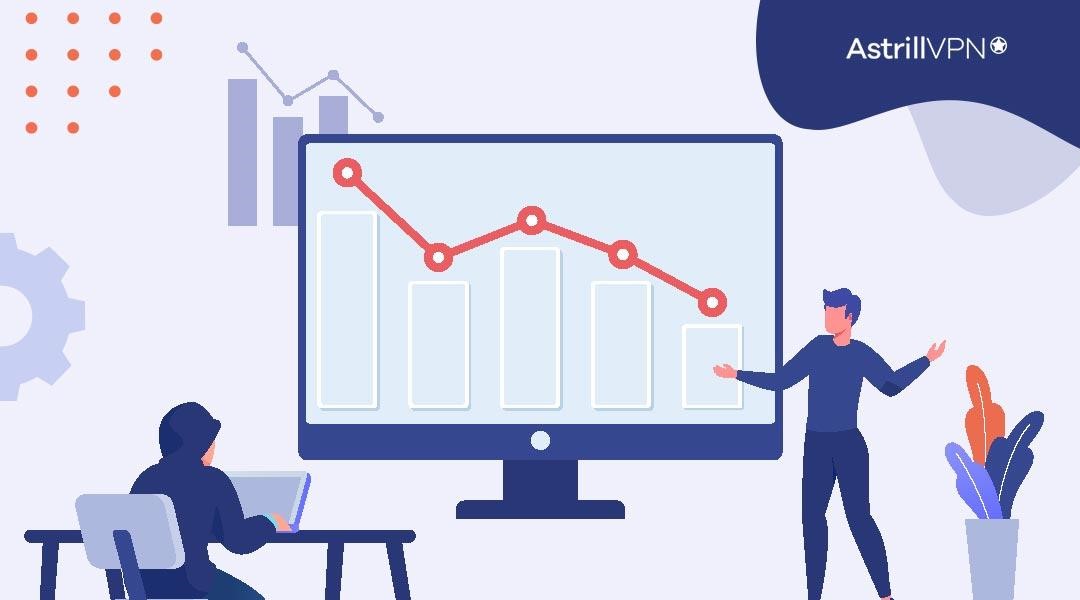
. A data breach occurs when unauthorized individuals access, steal, or expose sensitive or confidential information. Data breaches can have far-reaching consequences for businesses, leading to:
● Financial Consequences
Data breaches can be financially devastating for businesses. The costs associated with data breaches can include:
● Regulatory Fines
Many countries have strict data protection laws that impose significant fines for non-compliance. Businesses found in violation of these regulations can face substantial financial penalties.
● Legal Settlements
Data breach victims, including customers and stakeholders, may file lawsuits against the affected business seeking compensation for the damages incurred due to the breach.
● Incident Response and Recovery
Businesses must invest in immediate incident response efforts to contain the breach, mitigate its impact, and prevent further damage. Forensic investigations, data recovery, and system repair costs can be substantial.
● Loss of Revenue
A data breach can lead to losing customer trust and confidence, reducing sales and revenue as customers may opt to take their business elsewhere.
● Reputational Damage
The impact of a data breach on a company’s reputation can be severe and long-lasting. Customers and stakeholders may perceive the business as negligent or careless in protecting their data, leading to a loss of trust and loyalty. The negative publicity surrounding the breach can spread rapidly through media and social platforms, further exacerbating reputational damage.
● Customer Churn and Loss of Trust
When customers’ personal information is compromised, they may feel betrayed and violated. As a result, they may need more confidence in the business’s ability to protect their data and choose to discontinue their relationship with the company.
Customer churn not only impacts short-term revenue but also hampers long-term business growth. Losing valuable customers can lead to decreased market share and an erosion of the customer base.
● Operational Disruptions
Data breaches can cause significant disruptions to a business’s operations. As the company focuses on containing and resolving the breach, other critical business processes may suffer.
Employee productivity may decline as staff members are redirected to handle the breach. Moreover, additional resources may need to be allocated to implement enhanced security measures and fortify the organization’s defenses against future breaches.
● Loss of Competitive Advantage
Businesses often strive to differentiate themselves in highly competitive markets based on their commitment to data privacy and security. A data breach can strip away this competitive advantage, leaving the business vulnerable to competitors who prioritize robust data protection measures.
Understanding Data Privacy Solutions
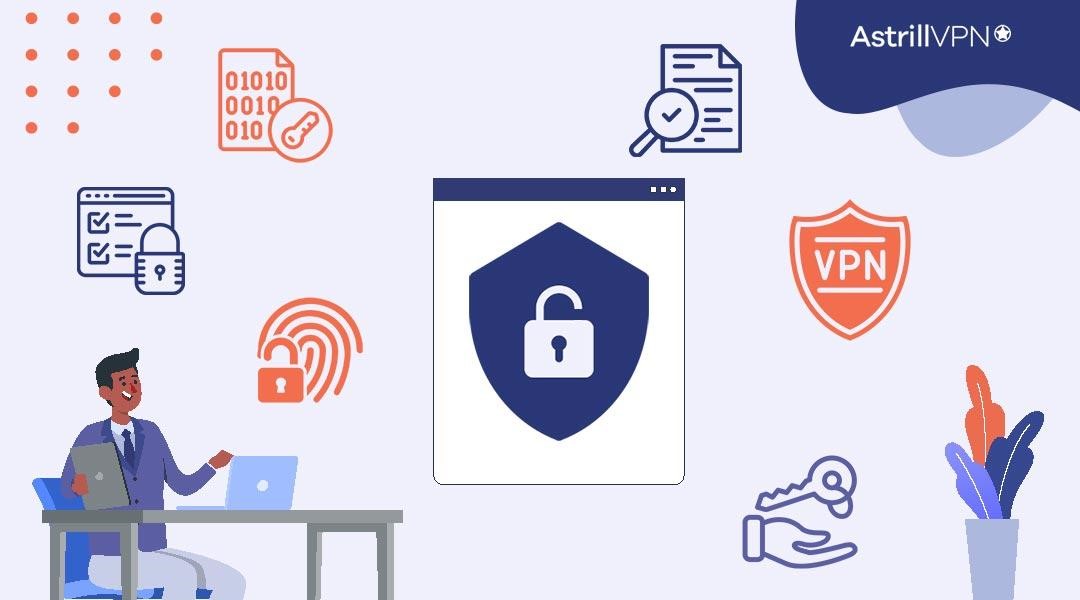
To fortify data privacy practices, businesses can adopt a range of technical and organizational measures, including:
1. Data Encryption and Anonymization
Data encryption is a fundamental data privacy solution that converts sensitive information into an unreadable format using cryptographic algorithms. Encrypted data can only be decrypted with a unique encryption key, ensuring that it remains inaccessible even if it falls into the wrong hands.
On the other hand, anonymization involves removing or encrypting personally identifiable information (PII) from datasets. This process helps protect individuals’ privacy while allowing businesses to use anonymized data for analysis and research purposes.
2. Secure Data Storage and Transmission
Securing data at rest (in storage) and transit (during transmission) is vital for maintaining data privacy. Businesses should employ robust encryption mechanisms to protect data stored on servers, databases, and other storage devices. Additionally, when data is transmitted between systems or over networks, secure communication protocols like SSL/TLS ensures that data remains encrypted during transit.
3. Use a VPN to Secure Your Online Data
Using a VPN is the best way to protect the network and all the data over it. A top-tier Business VPN like AstrillVPN will encrypt your traffic with AES 256-bit encryption and masks your DNS and IP address to ensure you’re anonymous online. Through this encryption and masking, your data and online activities are hidden from ISPs, hackers, etc. It means no one can track you online.
Start Protecting Your Privacy...
GET AstrillVPN4. Role-Based Access Control
Role-Based Access Control (RBAC) is a data privacy solution that restricts access to sensitive data based on an individual’s organizational role. This access control mechanism ensures that only authorized personnel can access specific data. By implementing RBAC, businesses can reduce the risk of unauthorized access and insider threats.
5. Multi-Factor Authentication
Multi-Factor Authentication (MFA) adds an extra layer of security to user authentication processes. In addition to a password, MFA requires users to provide additional verification factors, such as a one-time passcode sent to their mobile device or a biometric scan. MFA significantly enhances data security by preventing unauthorized access even if login credentials are compromised.
6. Regular Security Audits and Vulnerability Assessments
Regular security audits and vulnerability assessments are essential to a robust data privacy strategy. Security audits evaluate an organization’s overall security posture, identifying potential weaknesses and areas for improvement.
Vulnerability assessments involve identifying and addressing security vulnerabilities in systems and applications before malicious actors can exploit them.
Opportunities for Prioritizing Data Privacy
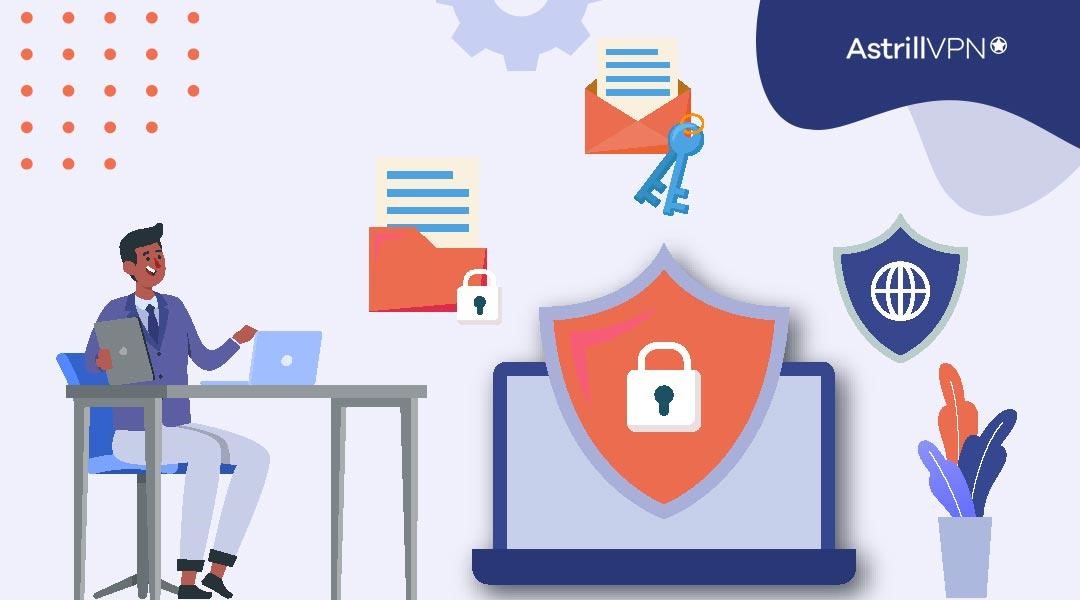
Investing in data privacy initiatives is not just about mitigating risks but also seizing opportunities for growth and competitive advantage:
1. Building Trust and Customer Loyalty
By demonstrating a commitment to data privacy, businesses can earn the trust of their customers, fostering loyalty and repeat business. When businesses demonstrate a genuine commitment to protecting customer data, it fosters a sense of trust and reliability. Customers are more likely to share personal information when they believe it will be handled responsibly and securely.
This increased trust leads to enhanced customer loyalty. Satisfied and loyal customers are more likely to remain loyal to a brand, provide repeat business, and recommend the business to others, thus bolstering long-term success.
2. Competitive Advantage and Brand Reputation
A solid data privacy track record enhances brand reputation and differentiates businesses from competitors, attracting privacy-conscious customers. Consumers are increasingly privacy-conscious and actively seek out companies that demonstrate responsible data practices.
A strong data privacy track record enhances brand reputation. It positions the business as an ethical and trustworthy entity, setting it apart from competitors and attracting privacy-conscious consumers.
3. Data-Driven Innovation and Personalization
Data privacy and data-driven innovation are not mutually exclusive; they can be complementary. Prioritizing data privacy enables businesses to collect and analyze customer data ethically. With explicit customer consent, organizations can leverage this data to drive innovation and develop products and services tailored to individual needs.
Personalization is a powerful marketing tool. By understanding customer preferences and behaviors, businesses can offer highly personalized experiences, increasing customer satisfaction and improved customer retention.
4. Enhanced Security and Risk Mitigation
Businesses prioritize data privacy and invest in robust security measures to protect sensitive information. A comprehensive data privacy strategy encompasses encryption, access controls, and regular security audits. These measures safeguard customer data and shield the organization from potential cyberattacks and data breaches.
5. Strengthening Business Partnerships
Data privacy is not limited to individual businesses; it extends to the entire data ecosystem. Businesses that prioritize data privacy are attractive partners for other organizations. Collaborating with privacy-focused entities fosters a sense of mutual trust, reducing concerns about data misuse and promoting more secure data-sharing practices.
Risks of Neglecting Data Privacy
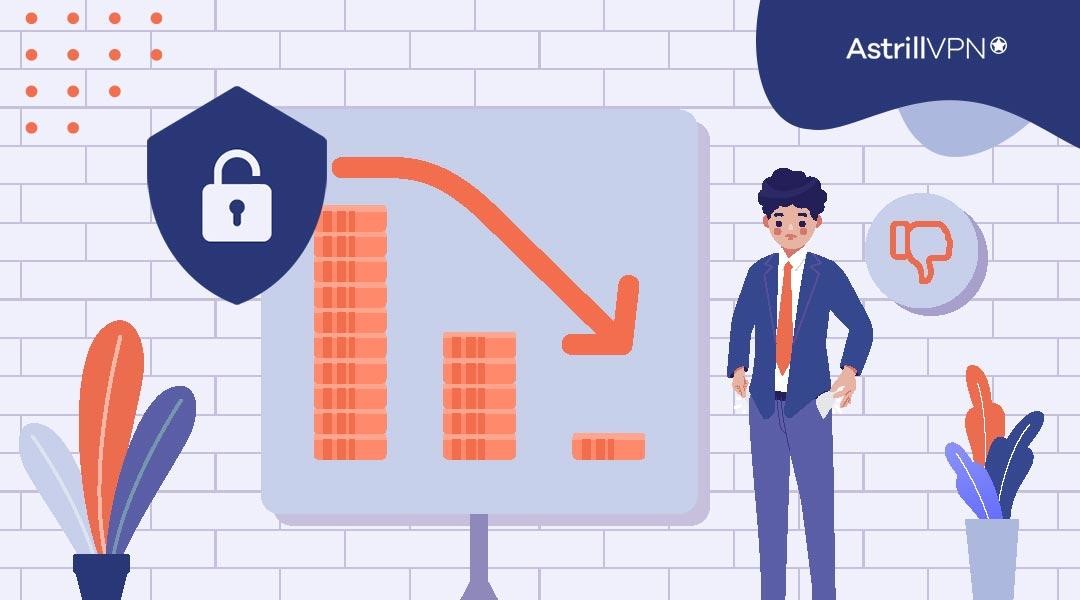
The consequences of overlooking data privacy can be severe and multifaceted, including:
1. Financial Consequences and Legal Penalties
Please prioritize data privacy to avoid severe financial repercussions for businesses. Many countries have enacted stringent data protection laws that impose hefty fines for non-compliance with data privacy regulations. In the event of a data breach or mishandling, businesses may face substantial penalties, which can drain financial resources and impact profitability.
Legal penalties can extend beyond fines, with affected individuals and customers potentially filing lawsuits seeking compensation for damages resulting from the breach. Legal battles and settlement costs can further strain a company’s financial stability.
2. Damage to Reputation and Loss of Customers
A data breach or privacy incident can severely damage a company’s reputation. News of a breach spreads rapidly, leading to negative media coverage and public scrutiny. Customers, investors, and stakeholders may lose trust in the business’s ability to safeguard their data, resulting in a loss of confidence and loyalty.
Reputation damage can be long-lasting and challenging to recover from. The loss of trust can lead to a significant decline in customer retention, as customers may opt to take their business to more trustworthy competitors. This loss of customers can directly impact revenue and market share.
3. Operational Disruptions and Recovery Costs
Data breaches can cause significant operational disruptions for businesses. Following a breach, organizations must focus on containing and resolving the incident, diverting resources from regular operations. This disruption can lead to a decrease in employee productivity and overall efficiency.
The recovery process after a data breach is often time-consuming and resource-intensive. Companies must invest in forensic investigations, data recovery, and system repairs to restore normalcy. Moreover, implementing enhanced security measures to prevent future breaches may incur additional costs.
These operational disruptions and recovery costs not only strain the organization’s resources but also result in a potential loss of revenue due to business interruptions.
See how TikTok’s data practices threaten your privacy
Developing a Data Privacy Compliance Program
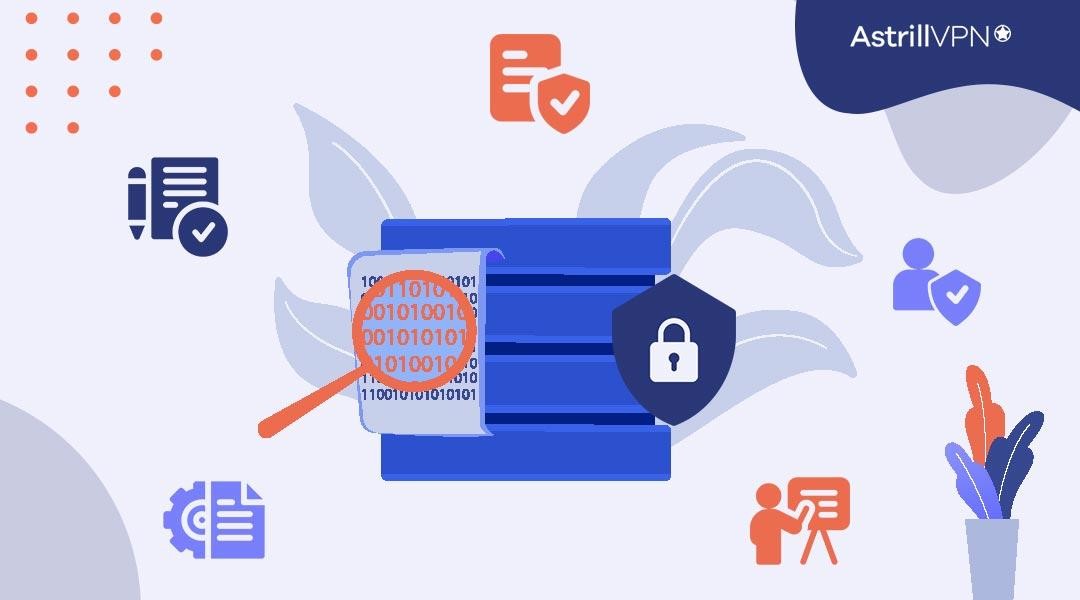
To build a robust data privacy framework, businesses can follow these essential steps:
1. Create a Comprehensive Privacy Policy
A comprehensive privacy policy is the cornerstone of a data privacy compliance program. It is a formal document that outlines how the organization collects, uses, processes, and protects personal data. The privacy policy should be transparent, written in clear language, and easily accessible to individuals whose data is being collected.
The privacy policy must cover all data processing activities and inform individuals about their rights concerning their data, including the right to access, correct, and delete their information. The organization establishes trust and demonstrates its commitment to data privacy by clearly communicating its data practices.
A comprehensive privacy policy is the cornerstone of a data privacy compliance program. It is a formal document that outlines how the organization collects, uses, processes, and protects personal data. The privacy policy should be transparent, written in clear language, and easily accessible to individuals whose data is being collected.
The privacy policy must cover all data processing activities and inform individuals about their rights concerning their data, including the right to access, correct, and delete their information. The organization establishes trust and demonstrates its commitment to data privacy by clearly communicating its data practices.
2. Appointing a Data Protection Officer (DPO)
Appointing a Data Protection Officer (DPO) is a critical step in ensuring effective data privacy governance. The DPO oversees the organization’s data protection efforts, monitors compliance with data protection laws, and serves as a point of contact for data subjects and regulatory authorities.
The DPO ensures that data privacy policies and practices are consistently applied across the organization, providing expert advice on data privacy matters, and conducting internal data protection audits.
3. Conducting Privacy Impact Assessments (PIAs)
Privacy Impact Assessments (PIAs) are essential for evaluating the potential privacy risks associated with new projects, processes, or data initiatives. A PIA involves identifying and assessing the impact of data processing activities on individuals’ privacy rights.
By conducting PIAs, businesses can identify and mitigate potential privacy risks proactively, ensuring that privacy considerations are integrated into their projects from the outset. This approach fosters a privacy-by-design mindset, enhancing data privacy and compliance.
4. Employee Training and Awareness Programs
Employees play a crucial role in ensuring data privacy compliance. Regular training and awareness programs are essential to educate employees about data protection regulations, internal data handling policies, and best practices for safeguarding sensitive information.
5. Incident Response and Data Breach Management
Despite robust data privacy measures, data breaches may still occur. Having a well-defined incident response and data breach management plan is crucial for minimizing the impact of a breach and ensuring timely and appropriate actions are taken.
The incident response plan should include clear protocols for detecting, reporting, and responding to data breaches. It should outline the steps to contain the breach, assess its scope, notify affected individuals and regulatory authorities as required, and implement measures to prevent future incidents.
Key Data Privacy Laws and Regulations
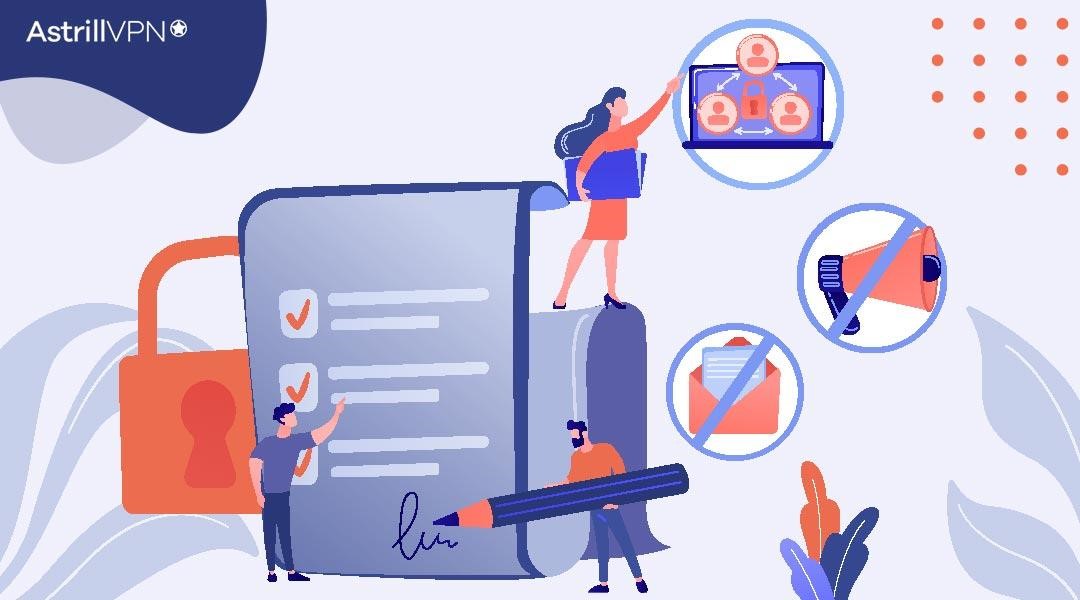
several laws and regulations have been enacted worldwide to protect individuals’ personal data and govern how businesses handle this sensitive information. Here are some of the key data privacy laws and regulations that businesses should be aware of:
a. General Data Protection Regulation (GDPR) – European Union
The General Data Protection Regulation (GDPR) is one of the most significant and far-reaching data privacy laws globally. Enforced by the European Union (EU), the GDPR came into effect on May 25, 2018. It applies to all EU member states and any organization that processes the personal data of individuals residing in the EU.
Key provisions of the GDPR include:
- The GDPR grants individuals greater control over their personal data, including the right to access, rectify, erase, and restrict the processing of their data.
- Businesses must obtain explicit and informed consent from individuals before processing their personal data. They must also provide clear and concise information about data processing activities through privacy notices.
- The GDPR mandates businesses to report data breaches to the relevant supervisory authority within 72 hours of discovery, and affected individuals must be notified without undue delay if the breach poses a risk to their rights and freedoms.s
- Organizations are required to demonstrate compliance with the GDPR through appropriate data protection policies, records of data processing activities, and appointing a Data Protection Officer (DPO) in certain cases.
b. California Consumer Privacy Act (CCPA) – United States
The California Consumer Privacy Act (CCPA) is a groundbreaking data privacy law in the United States that took effect on January 1, 2020. The CCPA aims to enhance the privacy rights and data protection for California residents.
Key provisions of the CCPA include:
- California consumers have the right to know what personal information businesses collect about them and request access to the data collected.
- Consumers can request businesses to delete their personal information, subject to certain exceptions.
- Consumers have the right to opt-out of the sale of their personal information to third parties.
- Businesses cannot discriminate against consumers who exercise their privacy rights, such as denying goods or services or charging different prices.
c. Personal Information Protection and Electronic Documents Act (PIPEDA) – Canada
The Personal Information Protection and Electronic Documents Act (PIPEDA) is Canada’s federal privacy law that governs how businesses handle personal data. PIPEDA applies to private-sector organizations that collect, use, or disclose personal information in the course of commercial activities.
Key provisions:
- Businesses must obtain meaningful consent from individuals for the collection, use, and disclosure of their personal information.
- Organizations should limit the collection of personal information to what is necessary for the identified purposes.
- Organizations are responsible for protecting personal information under their control and must implement appropriate security safeguards.
- Individuals have the right to access their personal information held by an organization and request corrections if the information is inaccurate.
d. Data Protection Act 2018 – United Kingdom
The Data Protection Act 2018 complements the GDPR and regulates data protection in the UK. its key provisions are:
- The DPA 2018 provides conditions for processing special categories of personal data, such as health data or racial or ethnic origin.
- The DPA 2018 governs the processing of personal data for law enforcement purposes, implementing the Law Enforcement Directive.
- The Act sets out rules concerning the use of profiling and automated decision-making processes.
International Data Transfers and Cross-Border Compliance
Transferring data across international borders requires compliance with data protection laws. Common mechanisms include:
A. Adequacy Decisions and Standard Contractual Clauses (SCCs)
Adequacy decisions declare that a country’s data protection laws align with the GDPR. SCCs are contractual agreements ensuring the protection of personal data during cross-border transfers.
B. Binding Corporate Rules (BCRs)
BCRs are internal rules governing the transfer of personal data within multinational companies, ensuring compliance with data protection regulations.
C. Privacy Shield Framework (and its replacement, if any)
The Privacy Shield Framework facilitated data transfers between the EU and the US until its invalidation. Businesses must adopt alternative mechanisms for compliant data transfers.
Emerging Technologies and Data Privacy Challenges
While technology drives innovation, it also introduces new data privacy challenges:
Internet of Things (IoT) and Connected Devices
The Internet of Things (IoT) refers to the interconnected network of physical devices embedded with sensors, software, and connectivity, enabling them to collect and exchange data. While IoT presents immense possibilities for smart homes, healthcare, transportation, and industry, it also amplifies data privacy risks.
Data generated by IoT devices often includes highly sensitive information, such as location data, health metrics, and personal habits. Securing data transmission, ensuring device authentication, and safeguarding against unauthorized access are critical challenges to address to protect user privacy.
Artificial Intelligence (AI) and Machine Learning
AI and machine learning algorithms offer incredible potential for automating tasks, making predictions, and delivering personalized experiences. However, AI also relies heavily on vast datasets to learn and make informed decisions, raising concerns about data privacy and ethical implications.
Big Data Analytics and Consumer Profiling
Big data analytics enables businesses to extract valuable insights from vast datasets, leading to more informed decision-making and personalized customer experiences. However, aggregating and analyzing large volumes of data raises privacy concerns.
Based on extensive data analysis, consumer profiling may result in intrusive targeting and potential privacy violations.
Blockchain and Privacy Concerns
Blockchain, known for its decentralized and immutable nature, offers new possibilities for secure transactions and data sharing. While it enhances data integrity, blockchain also poses challenges to data privacy.
Best Practices for Data Privacy Compliance
To foster a privacy-centric culture, businesses can implement these best practices:
Data Minimization and Purpose Limitation
Collect and retain only the minimum amount of data necessary for the intended purpose. Avoid data hoarding and regularly review data to ensure it remains relevant and necessary for the specified objectives.
Consent Management and User Rights
Obtain informed and explicit consent from individuals before collecting their personal data. Provide users with clear information about data processing activities and their rights to access, rectify, and delete data.
Secure Data Disposal and Retention Policies
Establish secure data disposal procedures to permanently delete data when it is no longer needed or when the user withdraws consent. Define data retention periods based on legal requirements and business needs.
Continuous Monitoring and Compliance Audits
Regularly monitor data processing activities and conduct compliance audits to identify and address potential privacy risks. Ensure that data privacy practices align with relevant regulations and industry standards.
The Future of Data Privacy and Business Implications
As data privacy continues to evolve, businesses should be prepared for:
A. Evolving Regulatory Landscape and Global Trends
The regulatory landscape for data privacy is continuously evolving as governments worldwide recognize the importance of protecting individuals’ data. New laws and updates to existing regulations are expected to emerge, placing greater accountability on businesses to protect data and uphold individual rights.
B. Design and Data Ethics
Data ethics will become an integral part of data privacy considerations. Ethical data handling practices will not only be demanded by regulators but also by consumers who are increasingly conscious of how their data is used and shared.
C. Data Privacy in the Age of Emerging Technologies
The rapid development of emerging technologies, such as AI, IoT, and big data analytics, will present unique data privacy challenges and business opportunities.
Businesses will increasingly adopt privacy-preserving technologies, such as differential privacy and federated learning, to analyze data without exposing sensitive information. As IoT adoption grows, businesses must prioritize the security of connected devices to prevent unauthorized access and potential data breaches.
Conclusion
Data privacy is not an option but a mandate for businesses today. Embracing data privacy practices protects sensitive information, fosters trust, enhances brand reputation, and paves the way for responsible data-driven growth. By prioritizing data privacy, businesses can navigate the complexities of the digital age while safeguarding their customers, their data, and their future.

No comments were posted yet